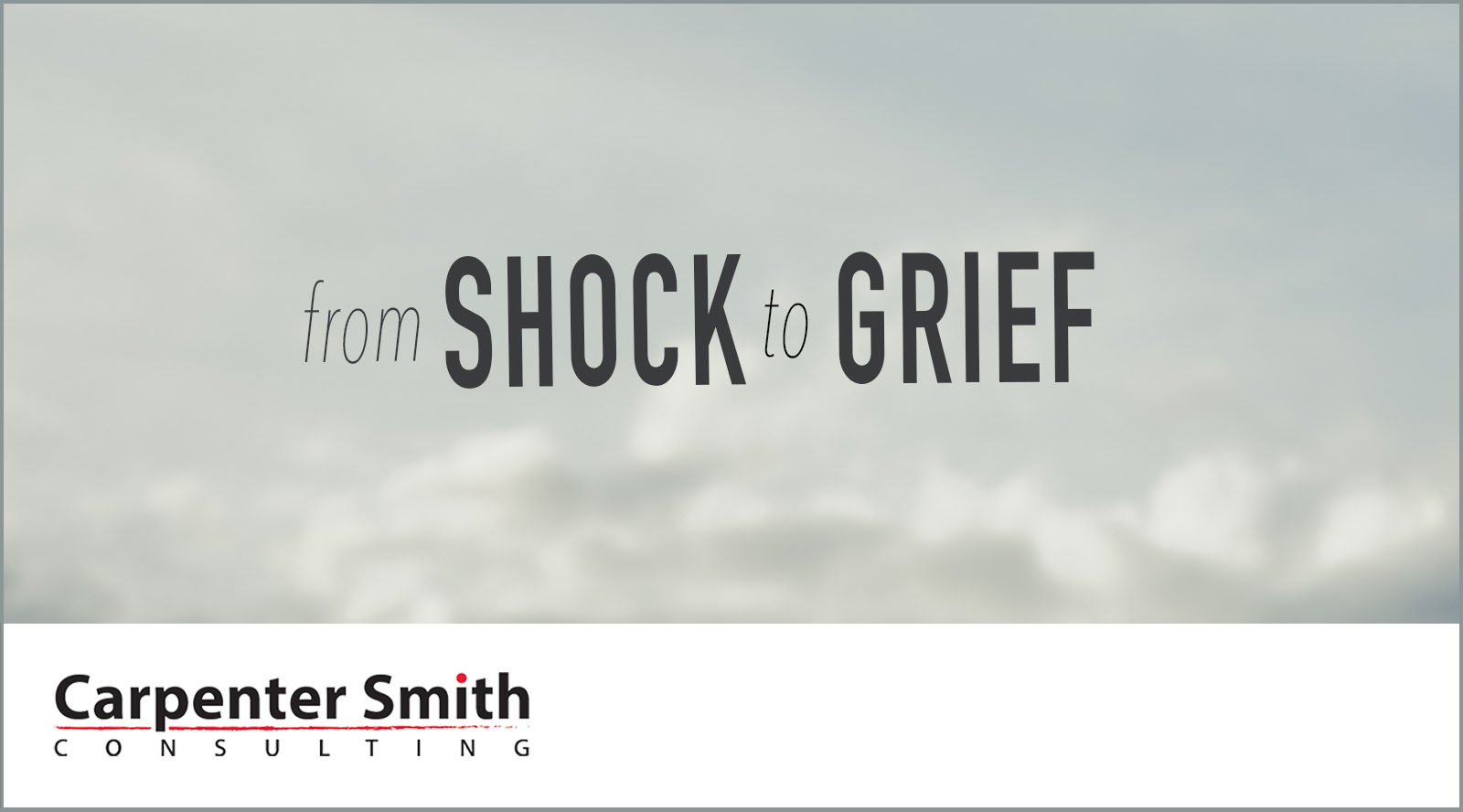Over the past few weeks, most of us have been in shock – stunned that this is really happening.
We’ve heard ourselves and others say: “This feels surreal,” or “How can this be happening?” or “Just a few weeks ago I was planning to visit my parents this week.” Some of the time we get that this is real, but much of the time we kick into denial and assume it will all be over soon.
from shock to grief.
People are starting to hold the reality that the world as they know it is going away; their lives are going to change, perhaps forever; and there is no one who can fix this. We’re hearing the words, “It feels like someone died,” and “I don’t know why but I’m so tired and sad.” This is a pivot to grief.
And many feel alone – even those working with others, because grief is a personal experience that is filtered through all of one’s history and experience of loss. While grief may feel bad, it’s the way our brains integrate new realities. We often liken it to a weaving.
We’re a weaving made of threads of our experiences from family, friends, school, work, hobbies, thoughts, and dreams. When something very significant changes in our lives we have a lot of threads that need to be taken out while – at the same time – a huge bundle of new threads start weaving in to take their place.
When a parent dies, we slowly take out the threads of “I need to call Mom,” or “I wonder what we’re doing for the holidays this year?” to integrate threads that include, “Mom or Dad has died,” or “Those holiday rituals are over as we once did them.”
As we make our way through this global pandemic, we have to integrate new understandings of our world. This means letting go of some beliefs, expectations, and current understandings of our world and weaving in new ones.
When people are grieving, they have trouble thinking and focusing. Sleep is often disrupted, they can wake confused about where they are in time, and they feel sad, tired, numb, lost, and afraid.
One very difficult aspect of grief
is that people go through it
in their own way and at their own pace.
Healing starts to happen once we’ve named our experience and honored that there was loss. Letting this sink in can be challenging, but it’s important because then we can begin to acknowledge that the future will be different than we’d hoped or expected.
As a leader, it may be helpful to say something like this:
“We’re all grieving a sense that the world as we know it has fundamentally changed. Be gentle with yourself, do everything you can to take care of yourself, and let me know if you need a different kind of support or just some time for a break. I will do everything I can to help.”
We know we’re healing when we increasingly accept the outcome and stop railing against it, even though we still wish it hadn’t occurred.
Take some time this week to make sure you’re grieving the losses you’re experiencing so that, as this pandemic begins to run its course, you’re ready to step into the new normal.


